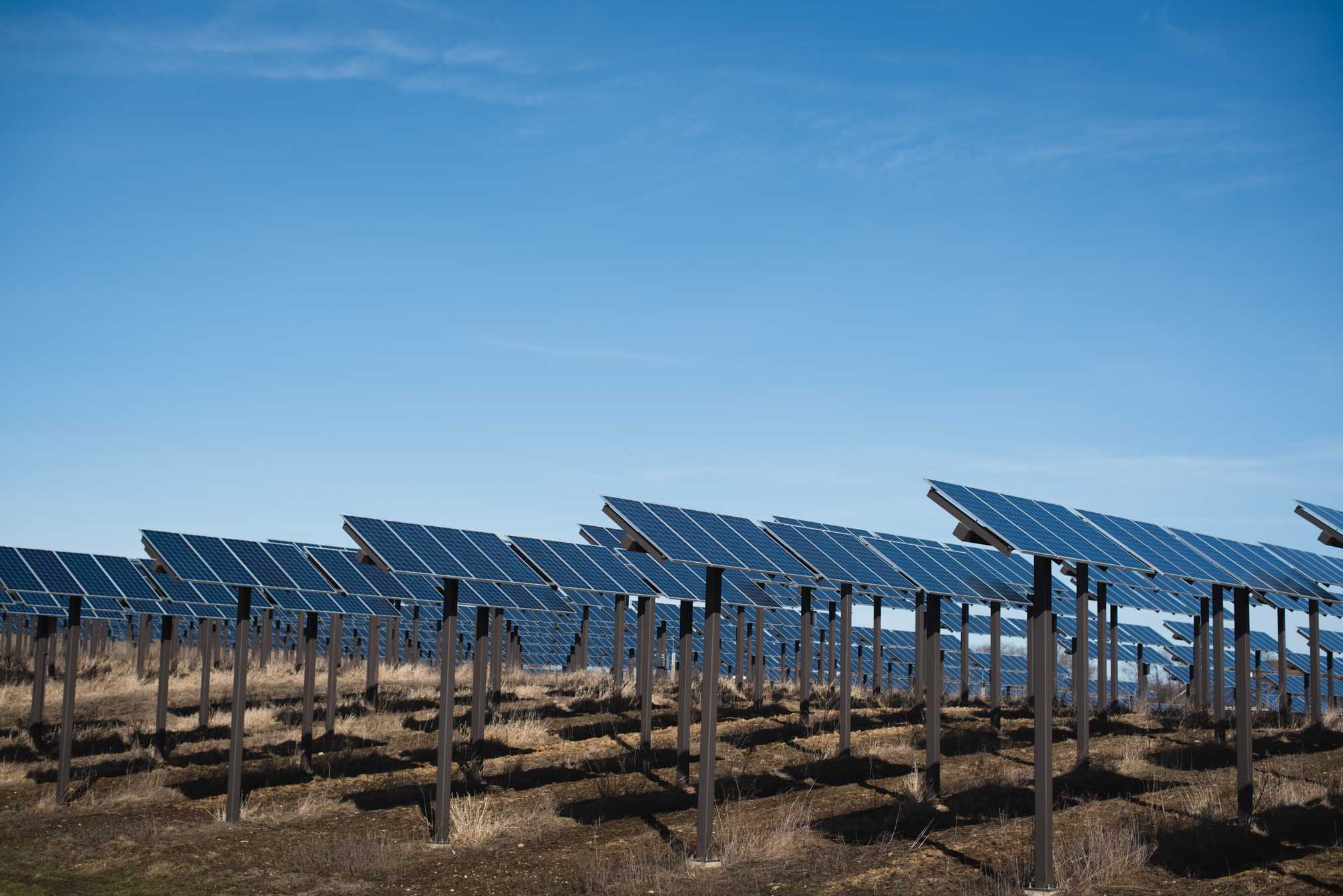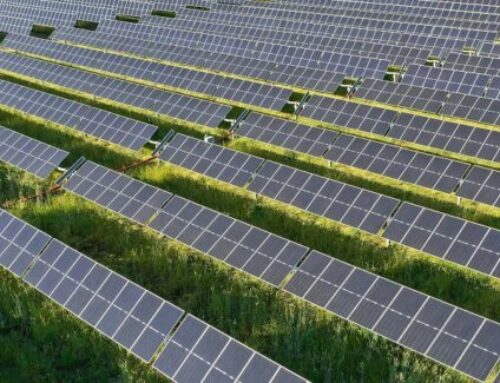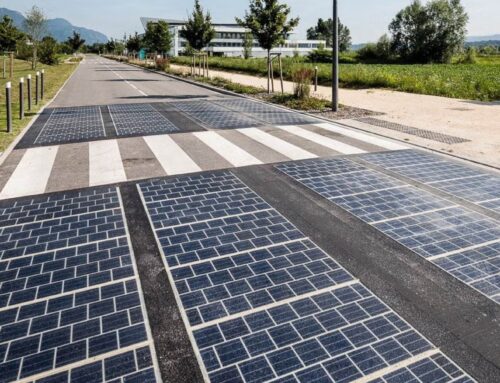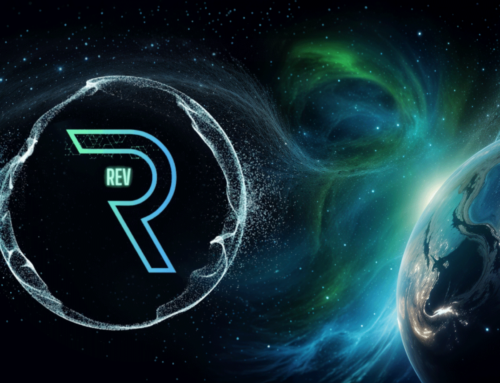Clean energy study brings attention to Native American reservation economies
October 1, 2024

An August 23 publication led by University of Wisconsin Environmental Economics professors Dominic Parker and Sarah Johnston, found that Indigenous Americans are the poorest minority in the United States. Business professor at Gonzaga University Daniel Stewart also contributed to the publication.
The paper, titled “Economic potential of wind and solar in American Indian communities,” offers the idea of clean energy to improve tribal economies.
Due to stringent U.S. federal government control and lack of natural resources, reservations have experienced job, health and education disparities compared to the rest of the country, according to Stewart.
Advertisements
“There is a disproportionate amount of resources on reservations in comparison to the rest of the country,” Johnston said.
Historically, the federal government gave Indigenous Americans the short end of the stick when it came to land, often leading to reservations having little to no natural resources such as fossil fuels, which contribute to a strong economy, Parker said.
“Many indigenous reservations today are geographically isolated and are disadvantaged when it comes to education, especially in topics such as business and energy,” Stewart said.
emerging clean energy technologies present opportunities for reservations to harness the resources available on their lands, according to Stewart.
The team first explored the potential of wind and solar power on Indigenous American reservations and examined the current development of these energy sources on nearby lands, Parker said.
“The main method of finding the data was using statistical analysis for public data,” Johnston said.
Parker said the team analyzed wind and solar energy companies to determine if their resources were located on Indigenous reservations. The team found Indigenous reservations are 50% less likely to host solar farms, and 100% less likely to host wind farms, according to Parker.
“This gap was significant when looking at future projections of development of clean energy through 2050,” Parker said.
Through the future projections, assuming there is no immediate development of clean energy on reservations, they found there would be $19 billion dollars forgone for Indigenous people, according to Parker.
The findings suggest that installing solar energy on Indigenous American reservations could boost their economy by reducing unemployment, according to the report.
“It’s not just about the energy, it’s about the poverty,” Stewart said.
Stewart, who wrote the section on the barriers of implementing clean energy on reservations, explained that while building renewable energy on reservations may seem straightforward, numerous challenges still exist.
Stewart is also part of the Spokane tribe and shared how past energy policies have negatively affected Indigenous tribe economies.
“When the federal government attempted to implement hydroelectric energy, it created disastrous results for the tribal communities,” Stewart said. “For the Spokane tribe, the dams in the Northwest destroyed the salmon in the rivers which destroyed the economy.”
This is just one of many instances in the U.S. that has harmed Indigenous reservations and continues to do so, Stewart said.
The term ‘green colonialism’ can be used to describe this control over tribal lands, according to the report.
“This is where the federal government still tries to implement policies for climate policy that only benefits the federal government, and not based on the choices of Indigenous people living on those reservations,” Johnston said.
The study emphasizes how Indigenous people have sovereignty over their energy choices. But, the study does not discuss what reservations should or should not do with energy.
There is also a culture variable that comes with this idea.
“The concept of owning and selling energy such as water or heat is a newer concept to many Indigenous communities and while communities are getting around to it now, it is still a new concept that needs to be adapted in these communities,” Stewart said.
Another barrier is renewable and clean energy takes a long time to develop and even lengthier processes on reservations. If any developments were to be implemented, it would have to go through the Bureau of Indian Affairs and tribal courts, according to Stewart.
These processes tend to make it harder for companies to implement energy developments onto reservations, according to Johnston.
While these barriers exist, the study reiterates that the idea of implementing clean energy can uplift the economies of reservations.
“With developing clean energy, jobs and education on reservations would increase and poverty would decrease,” Stewart said.
Advertisements
Search
RECENT PRESS RELEASES
Related Post




